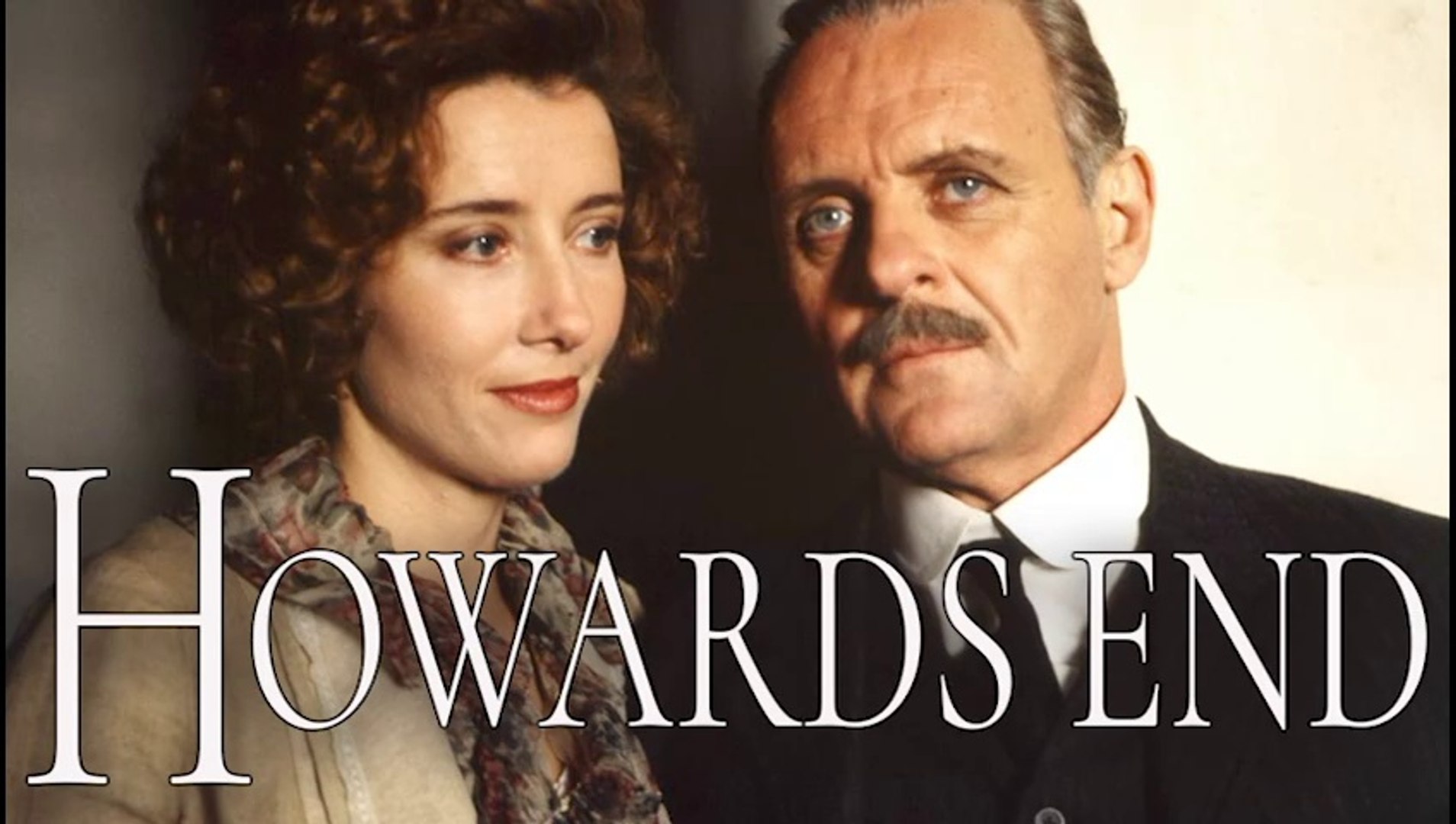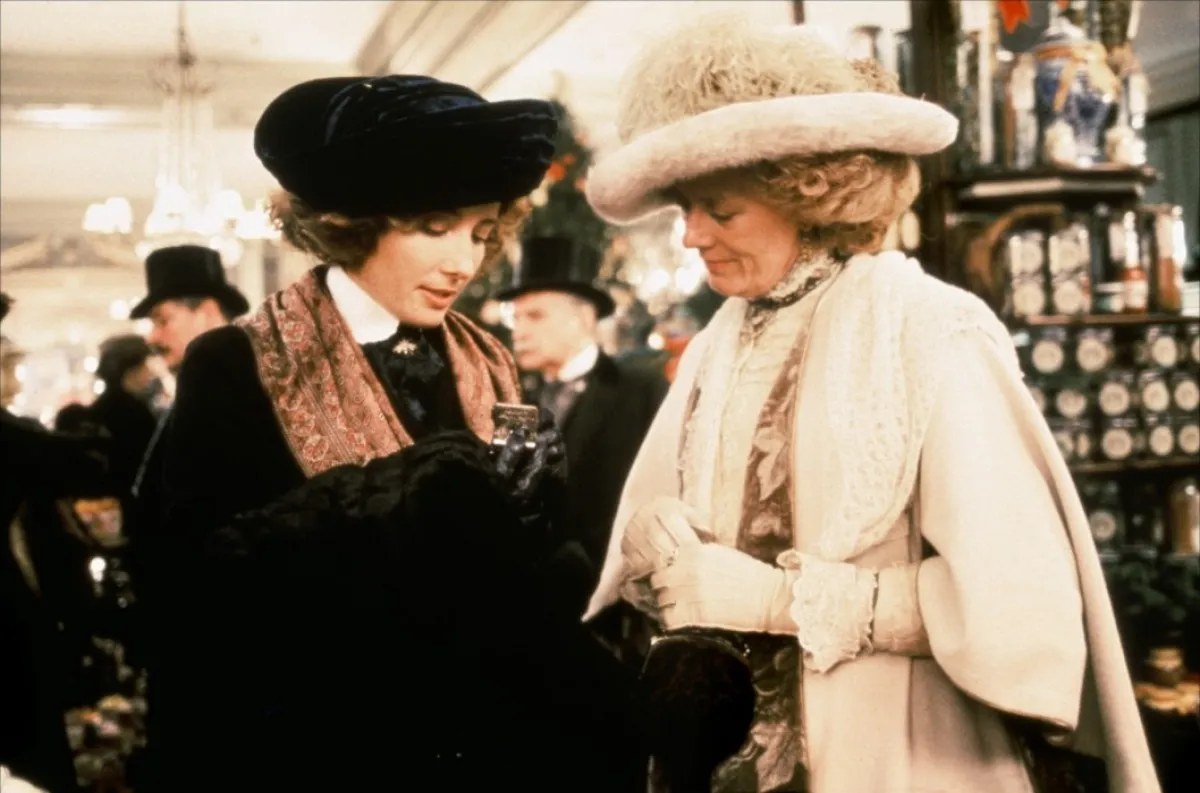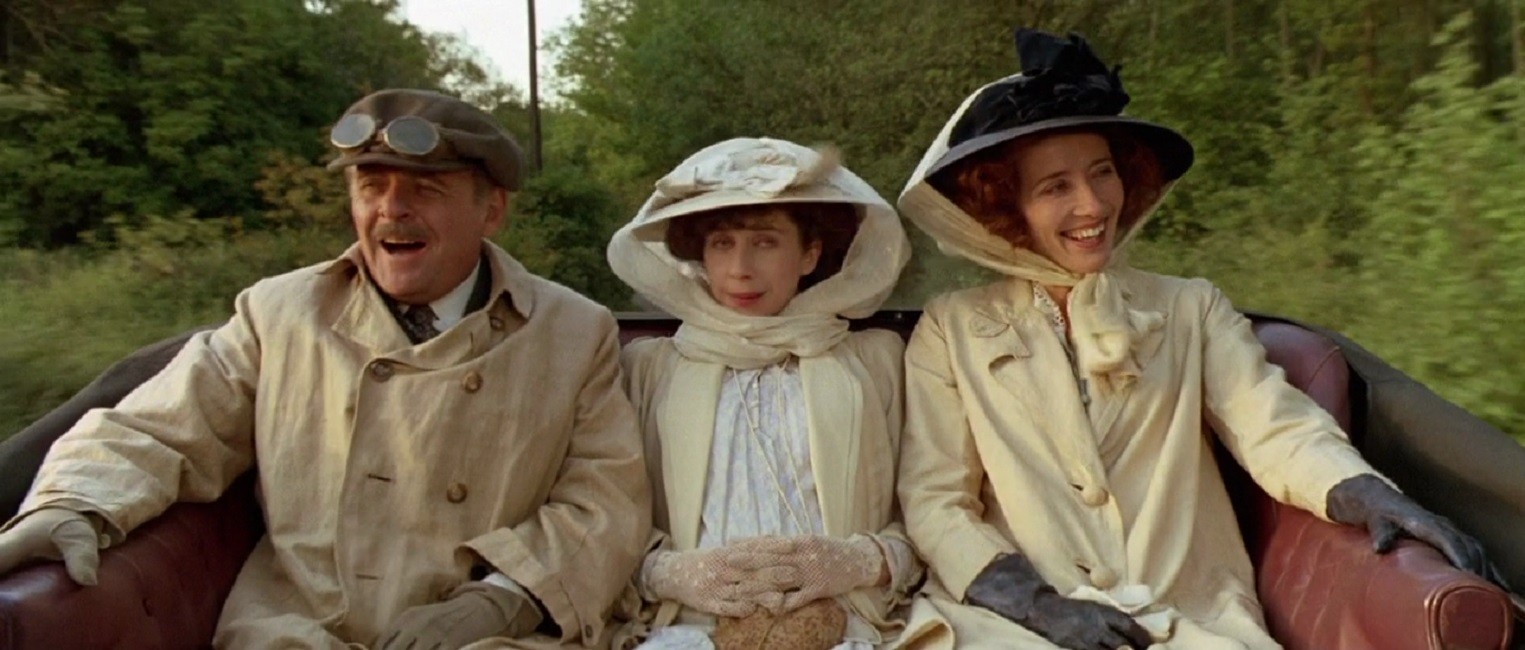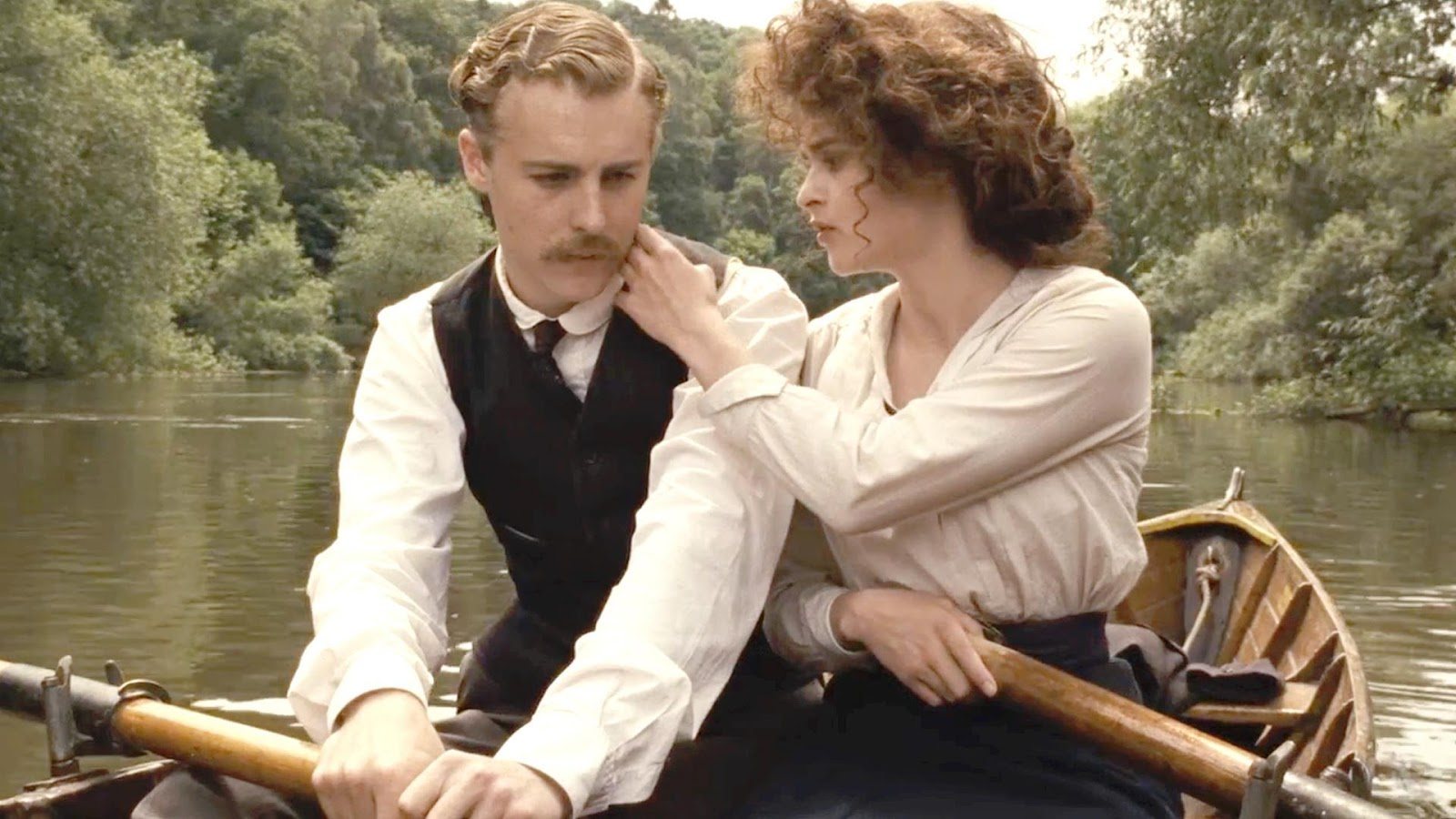Howards End (1992)

Howards End (1992) is a historical romantic drama directed by James Ivory, based on E.M. Forster’s 1910 novel. The screenplay, written by Ruth Prawer Jhabvala, brings the intricate social dynamics and personal struggles of the early 20th century to the big screen. With stunning performances from Emma Thompson, Anthony Hopkins, and Helena Bonham Carter, the film explores class, love, and the shifting societal structures of England during a time of great change.
The plot centers on the lives of three families: the wealthy Wilcoxes, the intellectual Schlegels, and the working-class Basts. The film focuses on the Schlegel sisters, Margaret (Emma Thompson) and Helen (Helena Bonham Carter), who become entangled with the Wilcoxes, especially the head of the family, Henry (Anthony Hopkins). As Margaret becomes closer to Henry and his family, the film examines the contrasts between their values, social standing, and aspirations, leading to personal and societal conflicts that challenge their relationships.
Emma Thompson’s portrayal of Margaret Schlegel earned her an Academy Award for Best Actress. She brings a subtle yet powerful depth to the character, portraying Margaret’s inner conflict between love, duty, and social responsibility. Thompson’s performance is both nuanced and elegant, capturing the character’s intelligence and compassion. In contrast, Anthony Hopkins portrays the reserved and pragmatic Henry Wilcox with characteristic gravitas, adding layers of complexity to his character as his interactions with Margaret evolve.

The film’s cinematography, led by Tony Pierce-Roberts, beautifully captures the elegance of early 20th-century England. The picturesque settings, from the grand estate of Howards End to the more modest homes of the Schlegels and the Basts, visually reflect the social divides between the characters. The attention to detail in the costumes and interiors enhances the film’s historical authenticity, while also helping to establish the mood of the narrative, which alternates between moments of quiet introspection and emotional intensity.

Howards End explores themes of class and social mobility, emphasizing how the changing landscape of British society affects the characters’ lives. The novel, and the film adaptation, raise important questions about inheritance, ownership, and the desire for a meaningful connection beyond material wealth. Margaret’s journey becomes a way to explore the role of women during this time, particularly in navigating societal expectations and personal desires. Her relationship with Henry reflects the tensions between individual fulfillment and societal constraints.

In conclusion, Howards End is a beautifully crafted period drama that masterfully explores complex themes of love, class, and social change. With its superb performances, especially by Emma Thompson and Anthony Hopkins, and its rich visual style, the film offers a thoughtful and emotionally resonant experience. James Ivory’s direction, combined with Ruth Prawer Jhabvala’s adaptation of Forster’s novel, ensures that Howards End remains a timeless exploration of human relationships and societal shifts. This film is a must-see for those interested in historical dramas with both emotional depth and intellectual richness.











